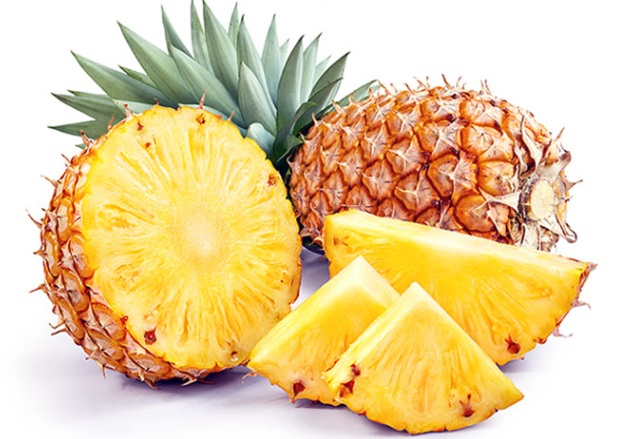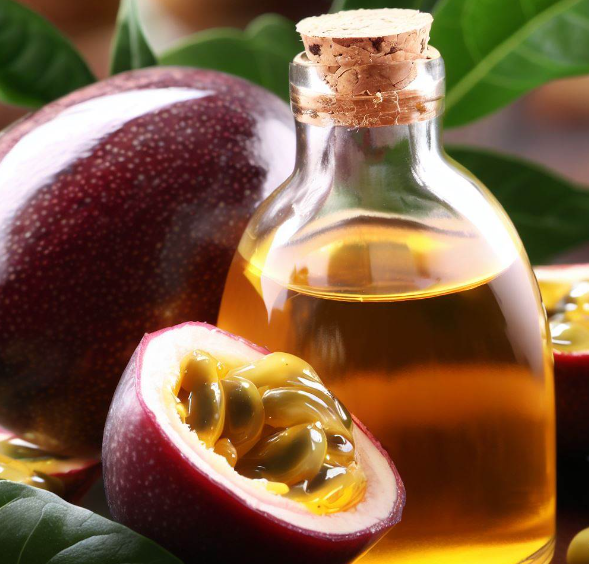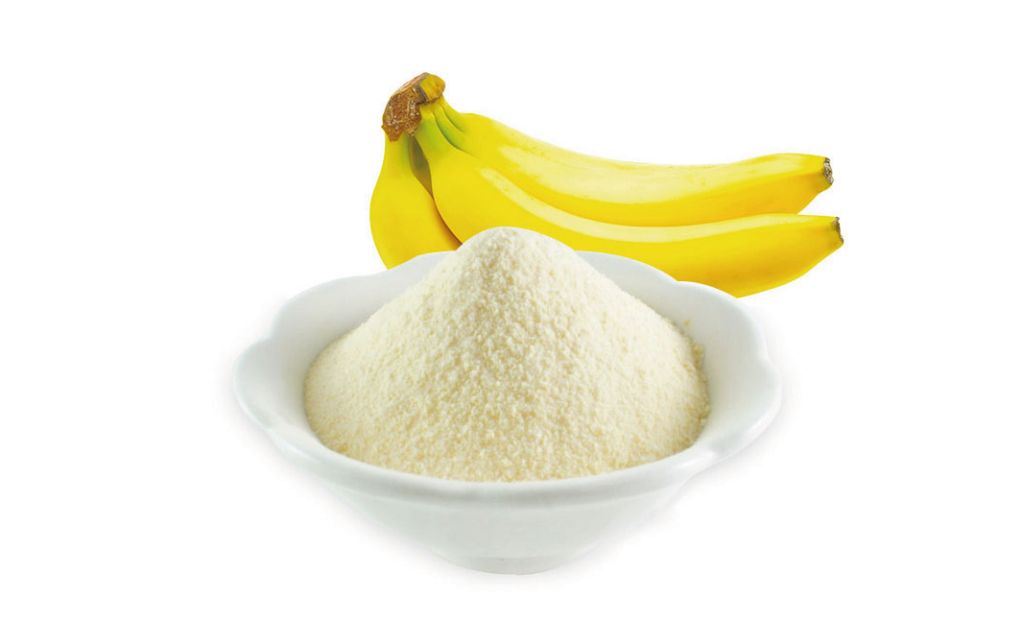Many people know oranges for their high vitamin C content, but they might also help people trying to have a baby. Oranges offer a lot of nutrients and antioxidants that could be beneficial for reproductive health.
Loaded with antioxidants and important nutrients such as Vitamin C, folate, and potassium, oranges can be quite helpful for reproduction. Research suggests eating enough of these nutrients can lead to finer sperm health and movement.
Because oranges are filled with fiber, they can help keep digestion regular and balance blood sugar levels, creating a better environment for becoming pregnant. So, including oranges in your diet can help you get these important nutrients for a healthy reproductive system.
Table of Contents
- The Ways Oranges Might Boost Fertility
- 1. Vitamin C
- 2. Folate
- 3. Vitamin A
- 4. Flavonoids
- How Oranges May Help Male Fertility
- 1. Protecting Sperm with Antioxidants
- 2. Better Sperm Quality
- 3. Higher Testosterone Levels
- Advantages of Oranges for Women’s Fertility
- 1. Helping Ovarian Reserve
- 2. Protecting Eggs from Damage
- 3. Better Hormonal Health
- 4. Enhancing Ovarian Response
- Tips for Adding Oranges to Your Diet for Better Fertility
- 1. Eat Oranges Every Day as a Snack or Part of Your Meals
- 2. Combine with Protein and Healthy Fats
- 3. Choose Freshly Squeezed or High-Quality Orange Juice
- 4. Eat the Entire Fruit
- 5. Be Careful with Pesticides
- 6. Try Other Kinds of Citrus Fruit
- Conclusion
The Ways Oranges Might Boost Fertility
Oranges are packed with substances that may improve reproductive health. Here’s a closer look at how oranges could enhance your fertility:
1. Vitamin C
Oranges are well-known for vitamin C, which may help with fertility in men and women. This vitamin might protect sperm from being damaged and increase their movement and quality.
For women, vitamin C can be good for the ovaries, possibly increasing how many eggs they have and making their response better in IVF treatments. It also helps with ovulation and might protect the eggs from damage.
2. Folate
Folate, a form of folic acid found naturally in oranges, can reduce birth defects and might also improve fertility for men and women. It’s important for making cells and genetic material. For women, having enough folate can mean more eggs. For men, it can lead to better sperm numbers and movement.
3. Vitamin A
Vitamin A, another strong antioxidant in oranges, could lessen damage to eggs and sperm. It’s essential for eggs to grow well in the ovaries.
Furthermore, vitamin A helps manage cervical mucus. When women have enough vitamin A, their cervical mucus is better, which helps sperm move more easily.
4. Flavonoids
Oranges also have flavonoids like hesperidin which are antioxidant and anti-inflammatory. Research on animals suggests they could help reduce stress in testes and make more sperm.
In women, hesperidin might keep ovarian cells from getting damaged. It seems to work like estrogen, which could be good for reproductive health.
How Oranges May Help Male Fertility
Oranges, with all their nutrients, seem especially promising for enhancing fertility in men:
1. Protecting Sperm with Antioxidants
Oranges provide vitamin C and vitamin A which can shield sperm from oxidative stress. This kind of stress can harm sperm and make them less likely to fertilize an egg. But antioxidants from oranges might stop these dangers.
2. Better Sperm Quality
Ingredients like vitamins and flavonoids in oranges can improve sperm health in various ways, like:
- More sperm and a higher concentration of them
- Better sperm movement
- Less sperm with broken DNA
- Better sperm shape
Altogether, the mix of antioxidants and nutrients in oranges may make the conditions right for producing healthy sperm.
3. Higher Testosterone Levels
Studies in animals suggest that drinking orange juice might raise levels of testosterone, the male hormone that’s important for fertility. While we need more research on this, oranges might help men naturally boost this key hormone.
Advantages of Oranges for Women’s Fertility
Oranges are just as beneficial for women who are trying to get pregnant, providing great support for eggs and hormonal balance:
1. Helping Ovarian Reserve
The variety of vitamins in oranges might help in keeping and improving the ovarian reserve, which is an indication of a woman’s potential to conceive. Nutrients like vitamin C, folate, and vitamin A could be linked to a more promising ovarian reserve.
2. Protecting Eggs from Damage
Oranges come with powerful antioxidants like vitamin C and A, which may protect a woman’s eggs from damage and improve their quality, which is very important for fertility.
3. Better Hormonal Health
Certain nutrients found in oranges might help with hormonal stability needed for getting pregnant. Vitamin C encourages the hormone responsible for ovulation, and hesperidin may boost overall hormonal health in women.
4. Enhancing Ovarian Response
Studies on vitamin C suggest that it could make the ovaries respond better during fertility treatments like IVF. Women with more vitamin C in their system might have a better chance of success with these treatments.
Women who eat foods high in certain vitamins are more likely to have good quality eggs and a higher chance of getting pregnant. Oranges are a delicious way to get vitamin C.
Tips for Adding Oranges to Your Diet for Better Fertility
If you want to improve your chances of fertility by eating oranges, here are some suggestions on how to include them in what you eat:
1. Eat Oranges Every Day as a Snack or Part of Your Meals
Eating oranges regularly can be beneficial. You can have them as a whole fruit, as juice, or sliced in your meals or as a snack. To get enough vitamins, try to have at least one orange or a small glass of orange juice every day.
2. Combine with Protein and Healthy Fats
Oranges contain vitamin A, which your body absorbs better when you eat it with some fat. To get the most from the nutrients in oranges, eat them with foods that have protein or healthy fats, like nut butters, avocado, olive oil, nuts, or seeds.
3. Choose Freshly Squeezed or High-Quality Orange Juice
Drinking orange juice that you squeeze yourself is the best because it has the most nutrients. Make sure it’s fresh and hasn’t been heated to last longer. If you’re buying orange juice, look for options that are 100% real juice, not made from concentrate, and have no added sugar.
4. Eat the Entire Fruit
Orange juice gives you vitamin C, but you get even more benefits like fiber, calcium, and other healthy substances when you eat the whole orange. So, for an extra fertility advantage, try having whole oranges, not just the juice.
5. Be Careful with Pesticides
When you’re trying to have a baby, choose organic oranges or wash non-organic ones very well to avoid pesticides. If you peel your oranges, this can help remove some of the pesticide residue too.
6. Try Other Kinds of Citrus Fruit
Don’t just stick to oranges. Eating different types of citrus like grapefruits, lemons, mandarins, and limes can provide various antioxidants and nutrients, which can be good for fertility.
Conclusion
Oranges can be a big help for fertility when you make them a regular part of a balanced pre-pregnancy diet. You’ll get the most out of their nutrients by eating the whole fruit, combining them with fats and proteins, and choosing organic when you can. Oranges are not just yummy—they’re full of things like antioxidants, vitamins, and minerals that could increase your chances of becoming pregnant.



![Is Cucumber Good For Women's Health? [15 Impressive Benefits]"](https://fruitonix.com/wp-content/uploads/2023/09/Screenshot-2023-09-02-1.11.51-AM.png)





